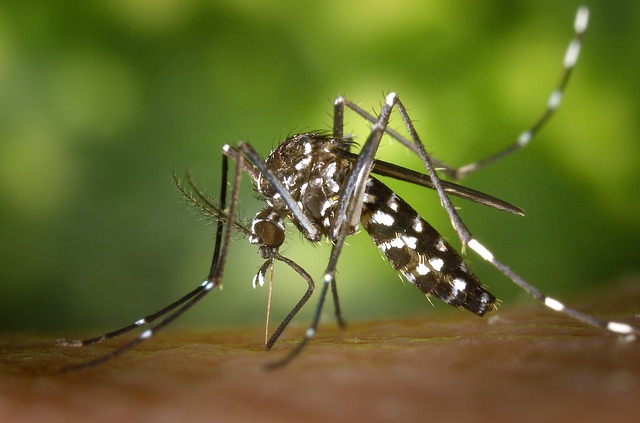
A virology journal has retracted and replaced a 2021 article on mosquito-borne infections in Africa after one of the authors identified errors in the publication — an episode that has prompted a change in practice at the journal to avoid similar issues in the future.
The article, “Mosquito-borne arboviruses in Uganda: history, transmission and burden,” was written by a group in the United Kingdom and Uganda and appeared in the Journal of General Virology last June.
According to the retraction notice:
This retraction has been issued due to fundamental errors identified by the authors that affected the readability of the published version of the article. A corrected version of the article has been published.
The corresponding author agrees to this retraction and apologises for any inconvenience.
Alexander Mulhern, the head of journal development for the Microbiology Society, which publishes the journal, provided the following explanation for the retraction:
This error was flagged to us, post-publication, by one of the non-corresponding authors, Alain Kohl. Following receipt of the article alert, he had engaged in a discussion with the corresponding author, highlighting a number of errors in formatting and figure composition.
The errors in this article included the mislabelling of virus acronyms to two of the figures, as compared to what was written in the text describing said figures. It was also highlighted that several citations were in the wrong place in the manuscript, and that several sentences did not convey their intended meaning.
For legibility’s sake, it was determined by the editorial team that the most appropriate course of action, for the readers benefit primarily, would be to retract and republish the paper with the amendments included, rather than issue a correction. This was due to the extensive number of corrections required, which would have been very difficult for a reader to follow in a traditional correction article – requiring a significant amount of cross-referencing back to the original paper.
Kohl told us the issues stemmed from “human carelessness”:
I always double check figures etc after articles appear in press – they were effectively a reference citation issue, partly linked to a reference manager mistake and citations in the text being wrongly numbered. It’s the fault of us authors for not noticing in time. I usually verify this but the senior author had submitted the proofs.
There were some other small errors that had no real impact on the article but as we were going to republish the article anyway we took the opportunity to correct these issues too. …
I can only say sorry to anyone who read the first version and perhaps tried to look up some of the references only to realise that we have done a terrible job. We could and should have spotted this before.
Mulhern added that the episode prompted the publisher to buttress its editorial practices:
We have provided Editors with further guidance in subsequent board meetings regarding the thoroughness of received reviews, and have implemented stricter workflows for our editorial office to check references are as-described and resolve correctly.
The new version of the paper is available here.
Like Retraction Watch? You can make a one-time tax-deductible contribution or a monthly tax-deductible donation to support our work, follow us on Twitter, like us on Facebook, add us to your RSS reader, or subscribe to our daily digest. If you find a retraction that’s not in our database, you can let us know here. For comments or feedback, email us at [email protected].